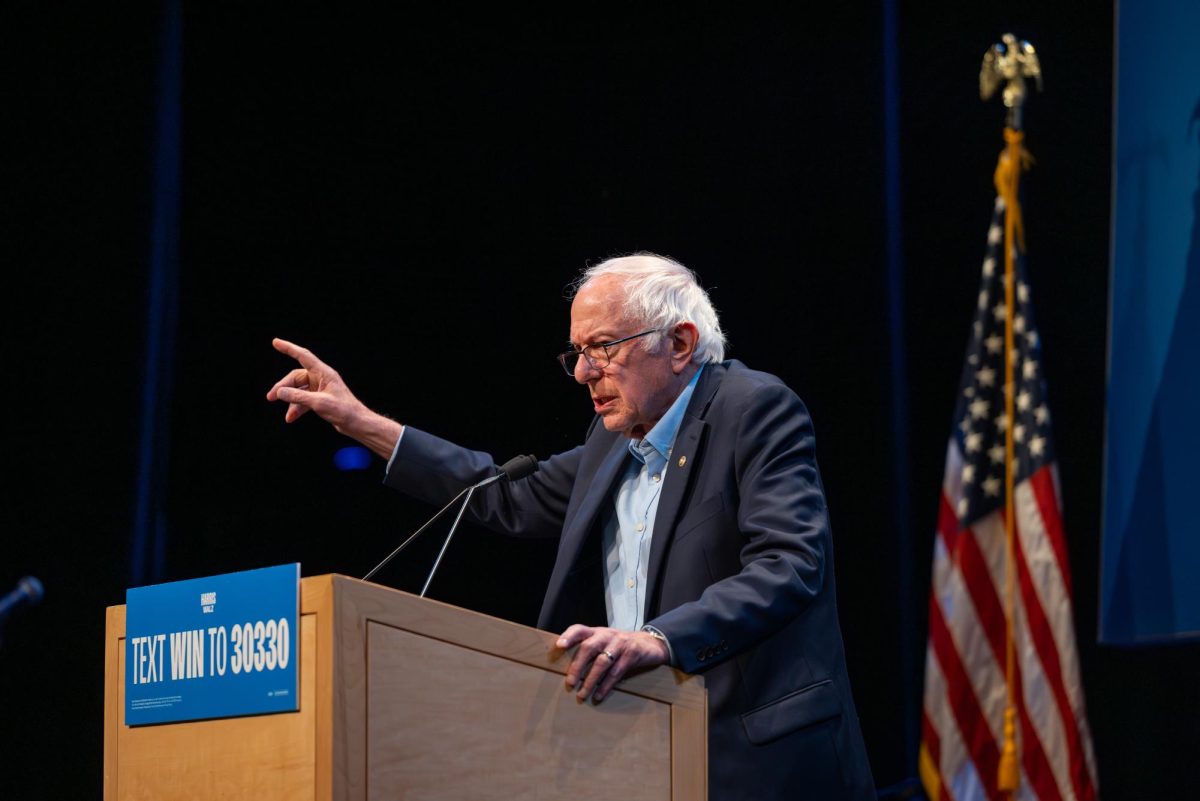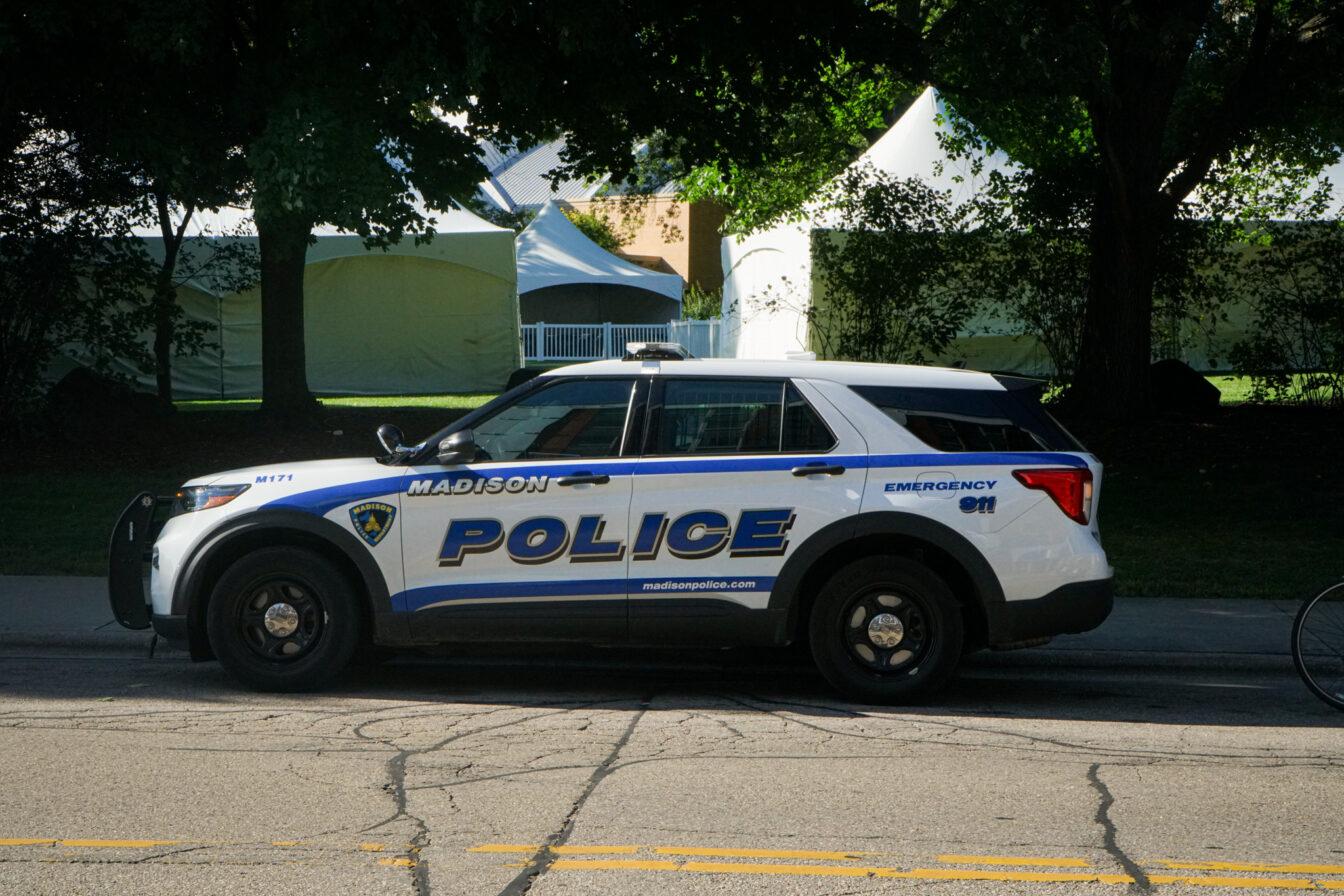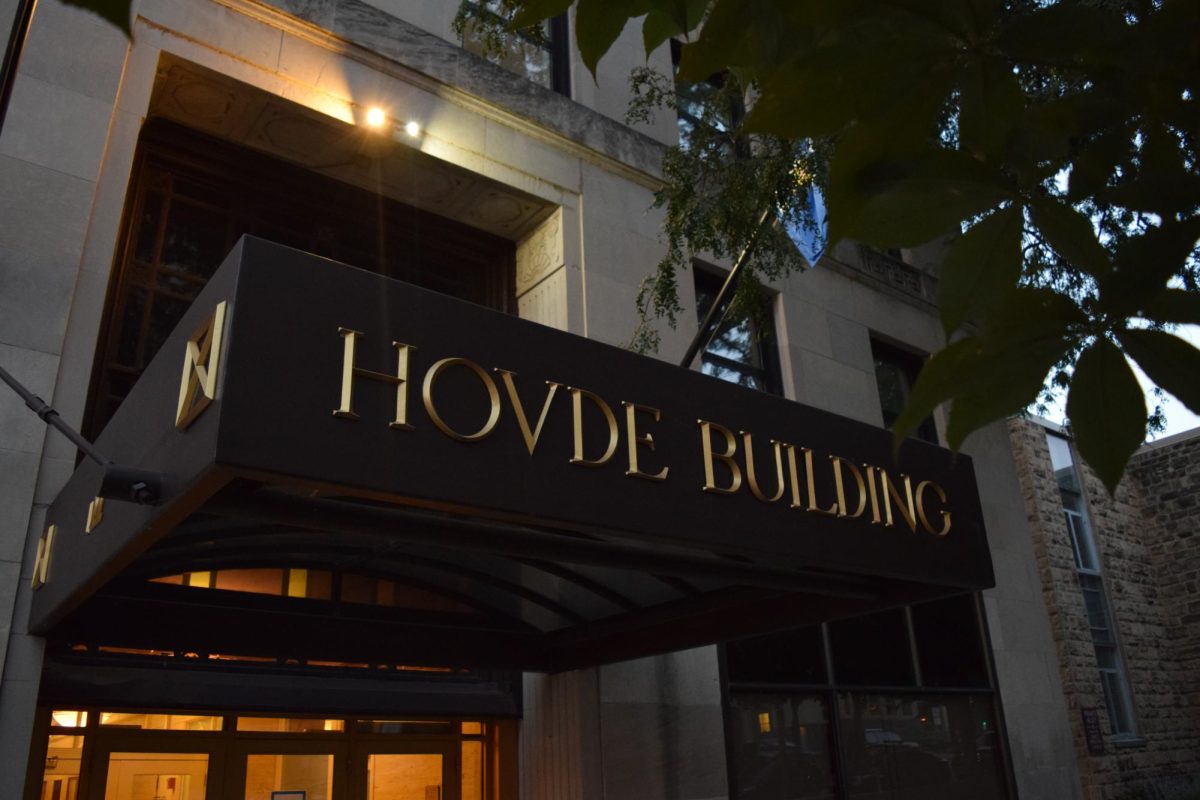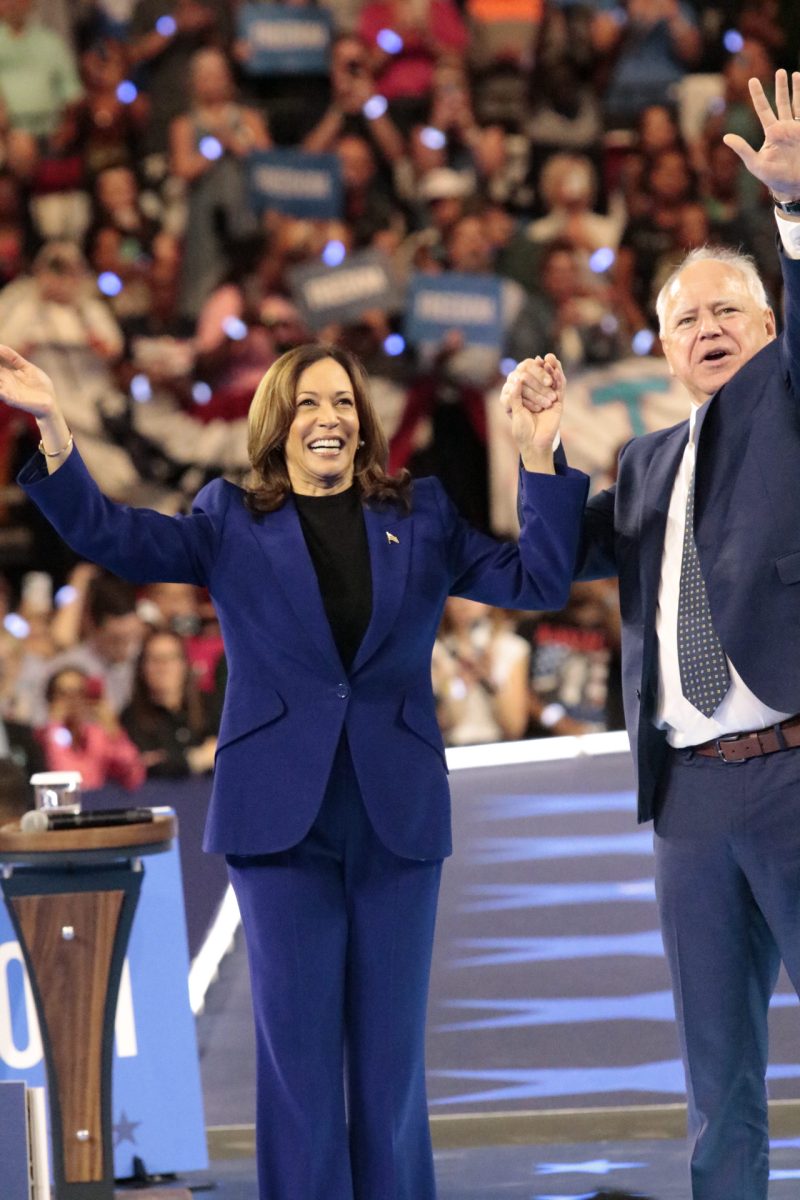The executive director of Wisconsin’s largest teachers’ union announced this weekend he will be stepping down from the post this summer as the union continues to weigh a merger with another public employees’ union.
Dan Burkhalter has led the Wisconsin Education Association Council for the past eight years, including the period of protests over collective bargaining restrictions in 2011 he previously said depleted the union’s membership.
Christina Brey, WEAC spokesperson, confirmed Burkhalter’s plans for resignation, but said she was unable to elaborate further on his departure or its effect on the union.
“We have nothing new to [say] at this time,” she said.
Burkhalter will leave around the same time as Mary Bell, WEAC’s president, who will finish her final term in the end of July.
A new executive director will have to be appointed by the next president and confirmed by the board, Citizen Action of Wisconsin Executive Director Robert Kraig said.
Kraig said he thinks Burkhalter’s resignation makes the next election even more important.
“We don’t know who the next president or director will be, and they’ll be stepping in at an extremely hard time,” he said.
Bell and Burkhalter led WEAC through the contentious period since 2011, when the Legislature passed a bill curbing collective bargaining rights for teachers and most other public sector workers.
The bill also made annual union dues optional. As a result, Burkhalter and other union leaders laid off 40 percent of its staff, according to a WEAC statement.
Richard Abelson, executive director of the American Federation of State, County and Municipal Employees Council 48, said he believes the legislation created a hostile climate for labor unions, yet organized labor has weathered the difficulty.
“It was designed, frankly, to silence the voice of the workers, and it had an impact,” Abelson said. “On the other hand, it’s a new day, and we’re still here.”
In the wake of its losses, WEAC has been weighing a merger with the Wisconsin chapter of the American Federation of Teachers, according to Kraig. In December 2012, the two unions entered into formal merger talks, according to a WEAC statement.
He said such a deal could make a sense for protecting public workers.
“Anything that would create a stronger organized power is a good idea,” Kraig said. “These guys fought tooth and nail against what Walker has done, and the next guys will have to fight even harder.”
But Kraig also said it can be tough to complete mergers, as organizational structures do not always meld easily together.
Over Burkhalter’s eight years at the helm of WEAC, his total salary increased by 22 percent to $262,512 in 2011, including $39,352 in nontaxable benefits, according to the most recent tax returns. In 2011, his salary took a small cut from the previous year, the returns said. Numbers on the last two years are not yet available.
However, Kraig said union salary figures can be misleading because they include benefits, the price of which varies uncontrollably.
“I’d be very careful about those kinds of numbers,” Kraig said.













